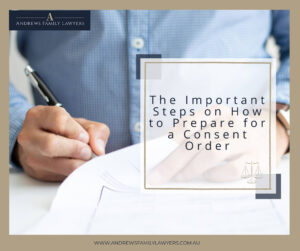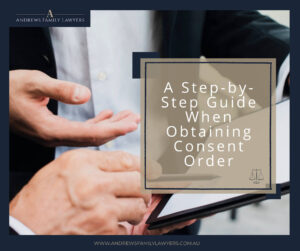What Is Binding Financial Agreement?
A Binding Financial Agreement (BFA) is an important legal document used in family law to protect people’s finances in different relationships.
These agreements help determine how money and assets will be divided if the relationship ends due to separation, divorce, or death. It is a legally enforceable way to make sure everyone gets a fair share.
This guide will explain the concept of binding financial agreements, their purpose, the types available, and the advantages and disadvantages of entering such agreements.
Different Types of Binding Financial Agreements
Binding Financial Agreements can apply to various relationship scenarios and can be made during different relationship stages.
These are the most common types of BFAs:
1. Prenuptial Agreements
Also referred to as Prenups, these agreements are made before a couple enters a marriage. They outline how assets and financial resources should be divided during a divorce or separation.
2. Postnuptial Agreements:
Entered after the marriage, these agreements are similar to Prenups but typically made when a significant change in the couple’s financial situation occurs, such as the receipt of a large inheritance or the sale of a business.
3. Cohabitation Agreements:
These agreements are specifically designed for couples who decide to live together without marrying or registering a de facto relationship. They protect the financial interests of both parties in the event of separation.
4. Separation Agreements:
Made when a couple separates or intends to separate, these agreements specify how assets and financial resources will be divided.
5. Divorce Agreements:
Entered into following a divorce, these agreements outline the division of assets and other financial matters to finalise the financial relationship between the former spouses.

Key Requirements for a Legally Binding Financial Agreement
For a Binding Financial Agreement to be legally enforceable, it must meet several key requirements under Australian family law. These requirements include:
1. Written Agreement:
The BFA must be in writing and signed by both parties.
2. Independent Legal Advice:
Each party must receive independent legal advice before signing the agreement. This ensures that both parties understand their rights and the implications of the BFA.
3. Full Financial Disclosure:
Both parties must disclose their financial situation, including assets, liabilities, and income. Withholding or providing false information may lead to the courts setting aside the agreement.
4. Compliance with the Family Law Act:
The agreement must be drafted to comply with the Family Law Act’s provisions applicable to BFAs.
Note: Failure to meet these requirements may result in the court declaring the agreement invalid or unenforceable.

Benefits of a Binding Financial Agreement
Having a well-prepared BFA in place can provide several advantages to both parties involved in the relationship. These benefits include:
1. Financial Certainty:
A BFA provides clarity and certainty around the division of assets and resources in case of a relationship breakdown.
2. Protection of Assets:
Binding Financial Agreements protect individual assets, such as inheritances, businesses, or pre-marital assets, from being subject to division in the event of separation or divorce.
3. Minimise Court Involvement:
With a valid BFA in place, parties can avoid expensive and time-consuming court disputes over the division of assets.
4. Customised Solutions:
BFAs are tailored to each relationship’s specific needs and financial circumstances, ensuring a fair outcome for both parties involved.

Do you need help with Binding Financial Agreements? We can help you out.
Potential Pitfalls of Binding Financial Agreements
While BFAs can provide numerous benefits, there are also potential downsides to consider:
1. Limitation of Future Claims:
Entering a BFA may limit a party’s capacity to claim spousal maintenance or property adjustment, particularly when circumstances change significantly after signing the agreement.
2. Relationship Strain:
Negotiating a BFA can be emotionally challenging and may cause strain in the relationship.
3. Cost:
Engaging legal representation and drafting the BFA can be expensive, although the cost is typically lower than litigation in case of a relationship breakdown.

Check this blog to know the difference between a Binding Financial Agreement and a Consent Order.
Conclusion
Understanding and implementing a Binding Financial Agreement can provide invaluable protection and certainty for parties entering into, or already in, various relationship stages.
By considering the different types of BFAs, the key legal requirements, the benefits, and the potential pitfalls, you can make informed decisions about whether a BFA is right for you and your relationship.
If you need assistance with family law matters, Andrews Family Lawyers can help.




